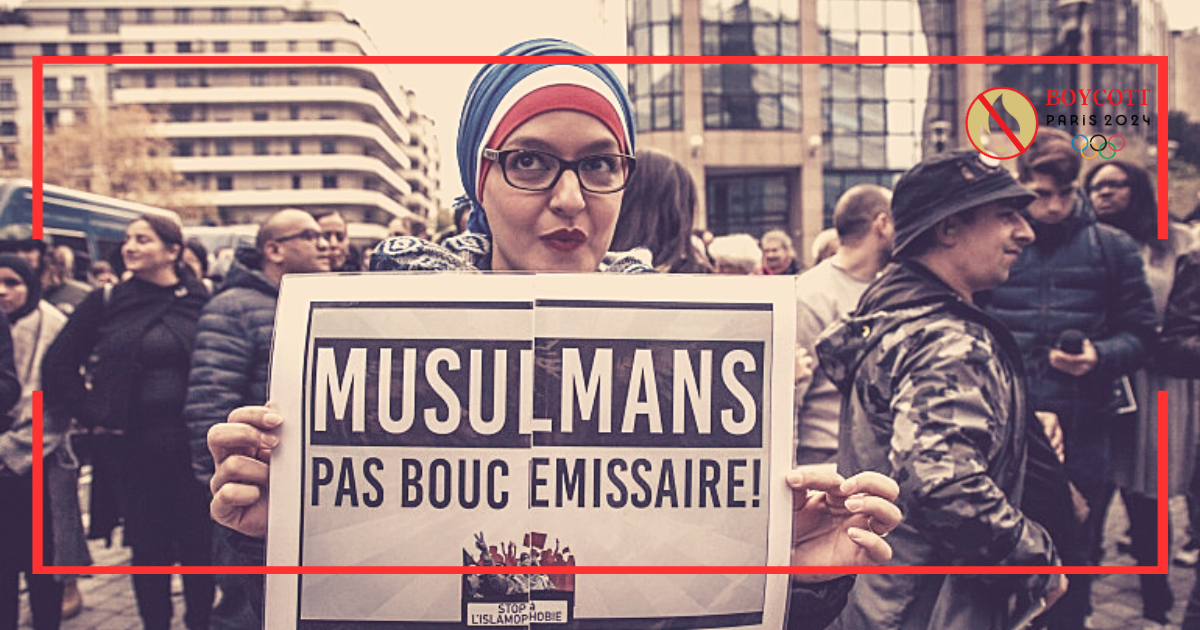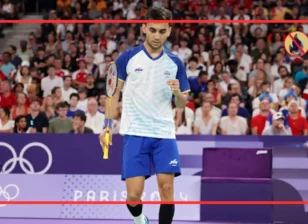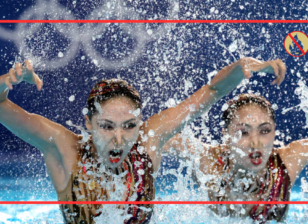Explore factors fueling the increase in Islamophobia in France?
Islamophobia, characterised by irrational hostility, fear of Islam, hatred of Muslims, and discrimination against Islamic culture, has become a growing concern in Europe. France, in particular, has witnessed a notable surge in Islamophobia, manifesting in various forms such as individual attitudes, organisational policies, verbal threats, discrimination in education and employment, ethnic and religious profiling, police abuse, and public pronouncements stigmatising Muslims.
Understanding Islamophobia
Islamophobia is a multifaceted issue rooted in prejudice, misinformation, and fear. It encompasses irrational hostility towards Islam, driven by misconceptions and stereotypes. Fear of Islam often leads to the development of negative attitudes towards Muslims, fostering a climate of discrimination and exclusion. This discrimination extends beyond individual prejudices, manifesting in various aspects of society.
Manifestations in Europe
● Individual Attitudes and Behaviours:
Individuals play a pivotal role in perpetuating Islamophobia through their attitudes and behaviours. Prejudiced beliefs can fuel discrimination in daily interactions, exacerbating the challenges faced by Muslims in France. Stereotyping and generalisations contribute to an environment where Muslims may feel marginalised and alienated.
● Policies and Practices of Organisations:
Organisations, both public and private, can inadvertently contribute to Islamophobia through discriminatory policies and practices. Workplace discrimination, for instance, can hinder the professional growth of Muslims. Additionally, institutional practices that favour certain cultural norms over Islamic customs may further isolate the Muslim community.
● Verbal or Online Threats:
The rise of online platforms has provided a breeding ground for Islamophobic rhetoric. Verbal threats, hate speech, and the dissemination of false information contribute to a hostile online environment for Muslims. Cyberbullying amplifies the challenges faced by the community, impacting their mental well-being and sense of security.
● Discrimination in Education, Employment, and Housing:
Muslims in France often encounter discrimination in education, employment, and housing. Stereotypes and bias may affect academic opportunities, job prospects, and access to suitable housing. These systemic challenges reinforce a cycle of disadvantage, hindering the social and economic integration of the Muslim community.
● Ethnic and Religious Profiling:
Law enforcement practices that involve ethnic and religious profiling can exacerbate tensions and contribute to the marginalisation of Muslims. Targeting individuals based on their appearance or religious affiliations erodes trust in law enforcement and reinforces negative stereotypes.
● Police Abuse:
Instances of police abuse, particularly towards individuals perceived as Muslim, have been reported in France. The misuse of power and discrimination within law enforcement further strains the relationship between the Muslim community and the authorities, eroding the sense of safety and justice.
● Public Pronouncements Stigmatizing Muslims:
Public figures and politicians have a significant impact on shaping public opinion. Stigmatising pronouncements that target Muslims contribute to the normalisation of Islamophobia. Such rhetoric not only reinforces stereotypes but also legitimises discriminatory actions against the Muslim population.
Examples of Discrimination
● Attacks on Property, Places of Worship, and People:
Acts of violence targeting Muslims, their properties, and places of worship have increased in France. Vandalism, arson, and physical assaults create an atmosphere of fear and insecurity, impeding the ability of Muslims to practise their faith freely.
● Bans on Visible Religious and Cultural Symbols:
Legal restrictions on religious and cultural symbols, such as the hijab, restrict the freedom of expression for Muslim women. These bans not only perpetuate stereotypes but also undermine the principles of religious freedom and cultural diversity.
● Laws Against Facial Concealment:
Controversial laws prohibiting facial concealment impact Muslim women who choose to wear niqabs or burqas. Such legislation not only infringes on personal autonomy but also reinforces the narrative that Islam is incompatible with Western values.
● Bans on Building Mosques with Minarets:
Restrictions on mosque construction, particularly those with minarets, represent a symbolic suppression of Islamic religious expression. These bans contribute to the marginalisation of Muslims, reinforcing the perception that their faith is unwelcome in French society.
Conclusion
The rise of Islamophobia in France is a complex issue rooted in historical, social, and political factors. Understanding the manifestations and examples of discrimination is crucial for developing effective strategies to counteract prejudice and foster a more inclusive society. Addressing Islamophobia requires a collective effort from individuals, organisations, and policymakers to challenge stereotypes, promote understanding, and uphold the principles of equality and religious freedom. Only through these concerted efforts can France hope to build a society that embraces diversity and ensures the rights and dignity of all its citizens, regardless of their religious or cultural background.





